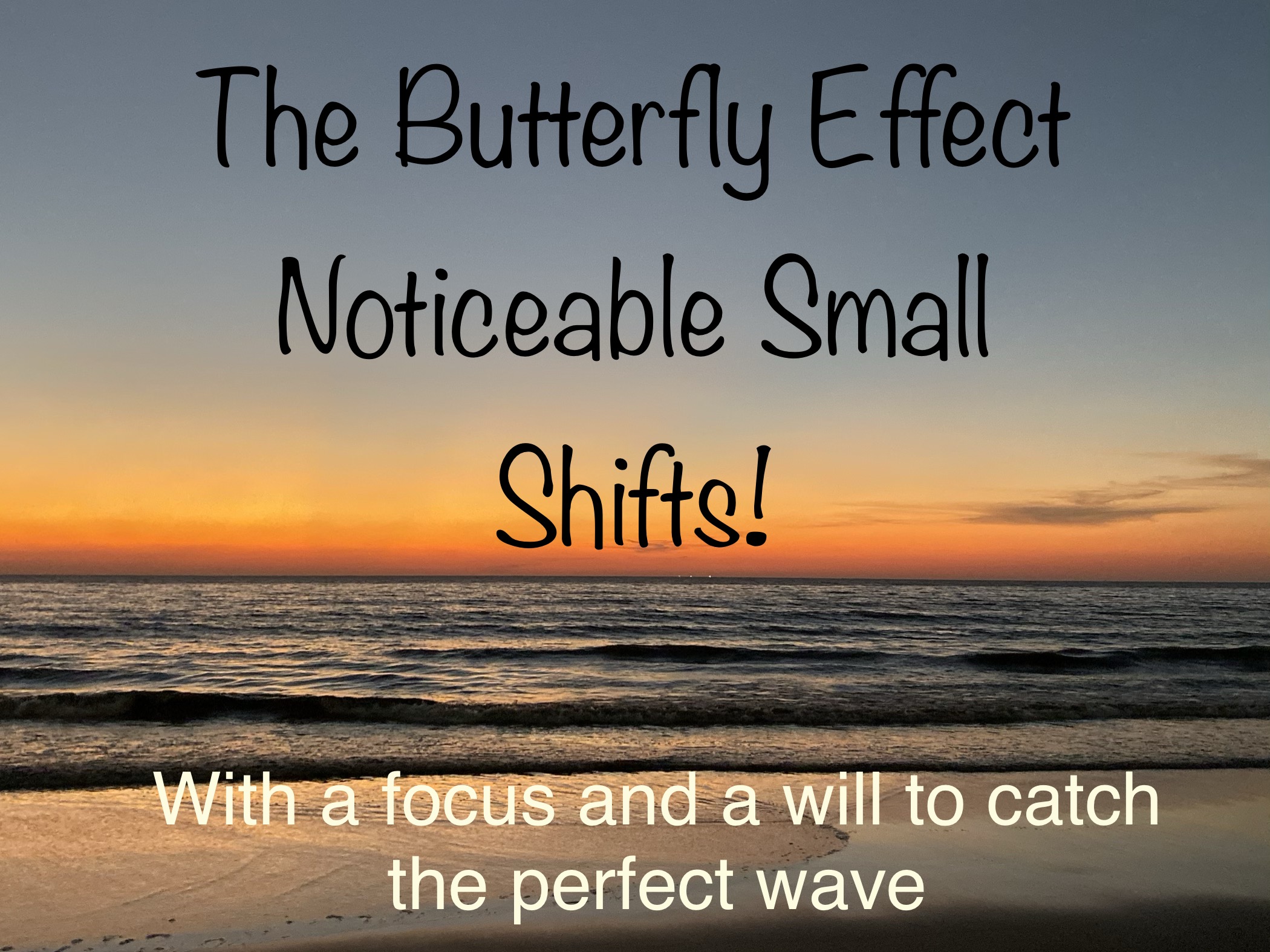
While the world reels under an existential threat and the magnitude of this catastrophe called COVID-19 sinks in, the human species belief that there is stability in nature, may not hold true.
Dr. Edward N. Lorenz an MIT meteorologist discovered the notion known as the ‘butterfly effect.’ A term highlighted in a paper he called ‘Predictability: Does the Flap of a Butterfly’s Wings in Brazil Set Off a Tornado in Texas’? The concept implies that the flap of a butterfly’s wings can lead to a tornado.
The ‘butterfly effect’ is not only related to mathematics or physics.The term simply means that small changes lead to noticeable results in time.The idea is a correlation between the sense of awareness and the potential consequence.
There are practical learnings from the current crisis and visible small shifts taking place everywhere. These swift transitions and measures are bringIng about the ‘butterfly effect’ in daily life. None of these changes are new discoveries they are just more centered.Setting aside time to learn new skills, closing skill gaps, shifting to online learning as well as looking at fresh opportunities with much more clarity, are some concrete steps in response to this calamity. The current instability has brought about a sharper focus on what is relevant!
Take for instance everyday things like tidying the house, cooking a meal, meditating or gardening, reaching out to people virtually, re-looking at finances and many routine tasks have become an integral part of living in isolation. Many habitual procrastinators are back to reading and writing! Designated work desks, setting time each day for exercise, meals and family conversations are a few worthwhile observations.
And without reinventing the wheel, working from home and ordering online groceries are now staple. It maybe appropriate though not to spend time over-analyzing the alterations but adapting to these new habits.
Aristotle said,“We are what we repeatedly do. Excellence, then, is not an act, but a habit.” The human race is regulating, knowing that habits inculcated today will become a matter of routine in time to come. And these modifications will not only impact everyday lives but newfound activities and skills will be key learnings from this pandemic.
Perhaps it is also a good time to adjust to the emerging reality with less emphasis on the superfluous and my sense is that many of us are reflecting on this in solitude. It would be disappointing if there is no learning from these pragmatic changes.
With a focus and a will to catch the perfect wave, it would only be a matter of time before the world is ours again!
Predict the outcome of these small shifts in the coming years? Modern history will tell!

